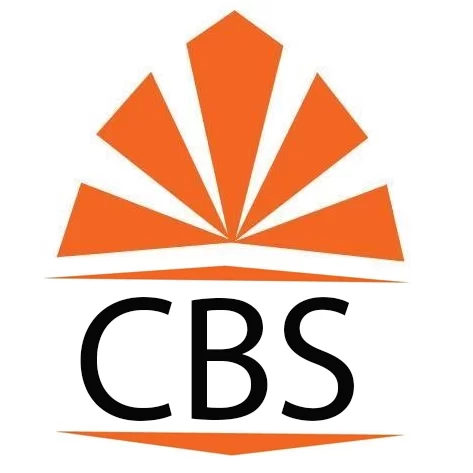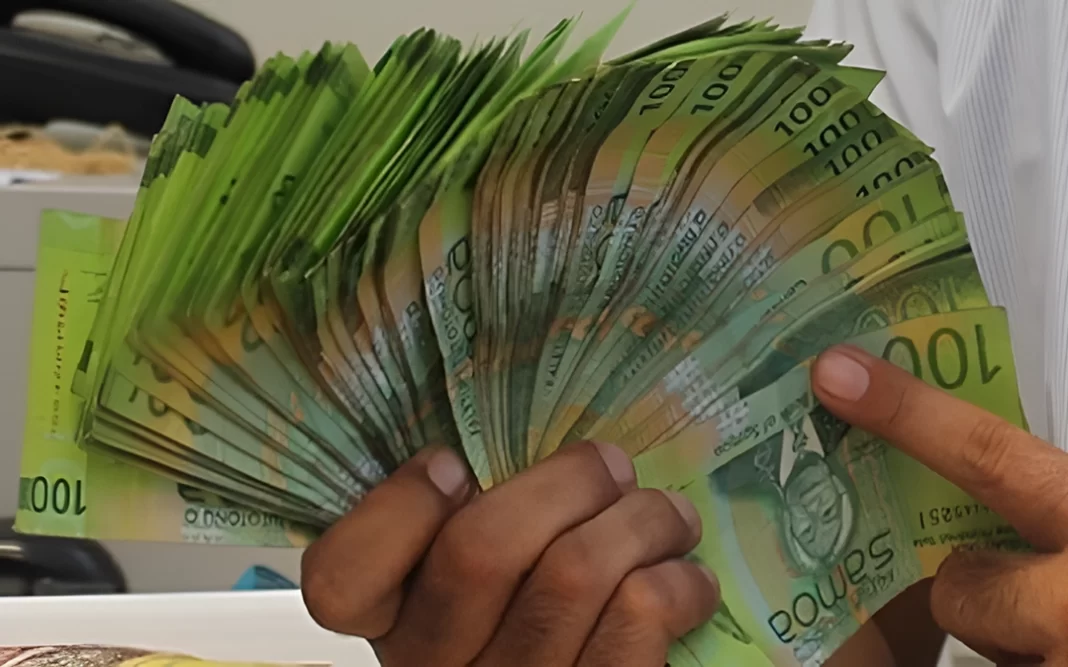The Central Bank of Samoa (CBS) has confirmed it will maintain its current monetary policy for the 2024/2025 fiscal year. The decision, announced after the Board of Directors meeting on December 12, 2024, aims to address persistent excess liquidity in the financial system while cautiously normalizing interest rates. This comes as the economy shows signs of strong growth but remains exposed to several risks.
A Balanced Economic Outlook
CBS projects the Samoan economy will grow by 6.5% in the year ending June 2025, following an impressive 9.4% growth in the previous fiscal year. The surge is attributed to high tourism levels, robust remittance inflows, and business activities tied to major events such as the recent Commonwealth Heads of Government Meeting (CHOGM 2024).
However, these growth drivers are not without vulnerabilities. The Bank acknowledged that geopolitical tensions, potential decreases in tourism, and Samoa’s susceptibility to adverse weather conditions could disrupt this optimistic outlook.
Managing Inflation
Headline inflation has eased to 2.8% as of October 2024, down from 3.6% in June 2024. CBS forecasts inflation to average around 3.2% by June 2025, supported by global expectations of modestly declining commodity prices over the next two years.
Despite this moderation, the Bank warns that factors such as fluctuating oil and meat prices, the impact of an increased minimum wage, and unexpected natural disasters could put upward pressure on inflation. These risks highlight the importance of carefully monitoring both global and domestic conditions.
Foreign Reserves and Financial Stability
Samoa’s foreign reserves remain strong, projected to exceed $1.4 billion, equivalent to 13.8 months of imports. This buffer is supported by steady tourism revenues, remittances, and capital aid inflows, ensuring the country’s ability to meet international commitments.
Meanwhile, the financial system continues to show stability, with banking system liquidity recorded at $619.4 million in October 2024. The CBS aims to gradually reduce this excess liquidity through open market operations while raising its official interest rate toward a neutral target of 2-3% over the next two years.
Addressing Structural Challenges
Although the CBS policy reflects optimism, the reliance on temporary boosts such as CHOGM and external income sources like tourism and remittances underscores the need for sustainable economic strategies. Excess liquidity in the banking system indicates inefficiencies in translating available funds into productive investments. Without tackling these issues, Samoa risks being vulnerable to external shocks.
Looking Ahead
The Central Bank’s commitment to price stability, financial system soundness, and economic growth will guide its actions in the coming months. However, achieving these goals requires more than managing liquidity and adjusting interest rates. Long-term resilience will depend on diversifying the economy, strengthening local industries, and investing in climate adaptation to mitigate risks from natural disasters.
CBS has stated it will revisit its monetary policy within the next six months to ensure its strategies remain aligned with changing economic conditions.
For now, the policy aims to balance immediate economic recovery with a cautious approach to potential uncertainties.






